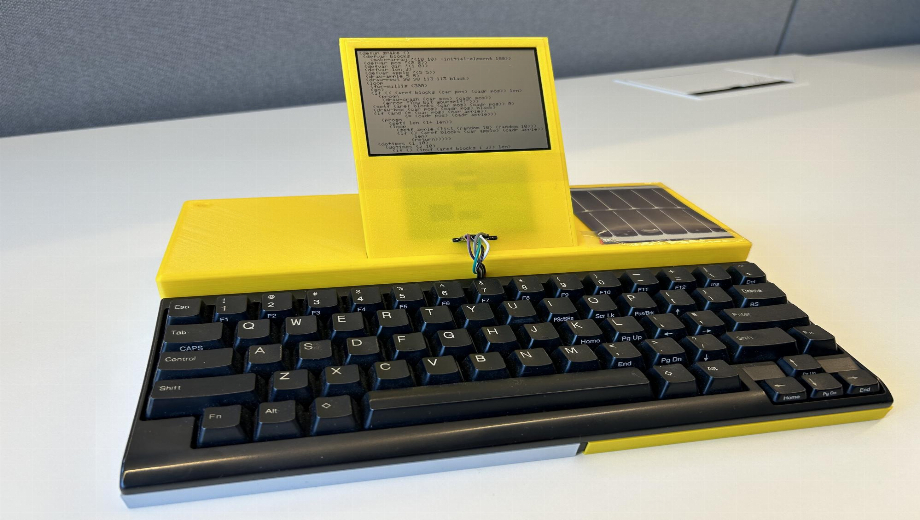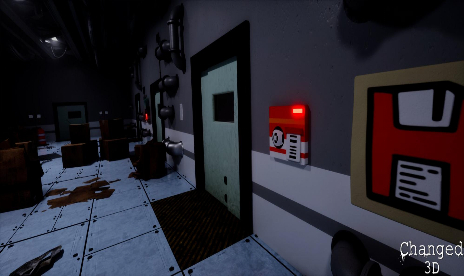Achèteriez-vous un ordinateur portable dont la batterie a une durée de vie de deux ans ?

No-one likes their laptop battery running out, especially when you’re in the middle of something important. Annoyance of his personal laptop running out of battery is exactly what prompted Andreas Eriksen to try and build a laptop with a monstrous battery life, and it seems as if his prototype for the PotatoP delivers exactly that.
It’s not exactly a looker, and “powerful” isn’t the word you’d use to describe it either, unless you took it back in time several decades. However, the PotatoP was built to serve a specific purpose, and that is a claimed two years of battery life on a single life. That lifespan has been achieved with a 12,000mAh LiPo battery, coupled with a small solar charging panel, which is supposedly capable of years of battery life.
That battery cell size is only roughly 3-4 times the size of a modern smartphone, so it’s clear there’s something else going on here to attain that sort of battery life. That’s where the dramatically underpowered specs come in. The PotatoP has a 4.4-inch monochrome Sharp Memory Display with a 320 x 240 resolution, so it’s hardly the pinsharp resolution you might be used to. The power is similarly ratcheted down, with a single ARM Cortex M4 core running at up to 96MHz, 384KB of RAM, and a mighty 1MB of flash storage.
So you’re not going to be plugged away at Crysis with this thing — but it’s not built for that. Andreas sees this machine as not only a pet project, but a reliable machine that can be used as a simple word processor or spreadsheet machine.
“It needs to have a good keyboard and a decent programming environment – compatability with existing software is not a priority, nor is powerful hardware – just the minimum required for a LISP environment. Writing a minimal editor, word processor, spreadsheet app or whatever else I want will be part of the fun!”
This is just the prototype too. Andreas says his plans for the future of the device involve adding more solar panels, with the hope that the device could be powered entirely off ambient life, offering everlasting battery life.
It’s quite the little side project, and a fun experiment. It’s also an interesting look into what’s possible if we stop looking to push clock speeds and memory sizes to their max, and start to look at other options too.





![Assassin’s Creed Shadows v1.0-v1.1.8+ (+23 Trainer) [FLiNG]](https://9588947a.delivery.rocketcdn.me/wp-content/uploads/2025/03/assassins-creed-shadows-1-464x276.jpg)

![L'épée vagabonde v1.20-v1.24.*+ (+49 Trainer) [FLiNG]](https://9588947a.delivery.rocketcdn.me/wp-content/uploads/2024/01/wandering-sword-pc-game-steam-cover-464x276.jpg)

























